Tiếng Anh 10 Bright Unit 6 Từ vựngTổng hợp từ vựng Unit 6 Tiếng Anh 10 Bright Unit opener 1. (n) du lịch sinh thái Ecotourism is popular now. (Du lịch sinh thái đang phổ biến hiện nay.) 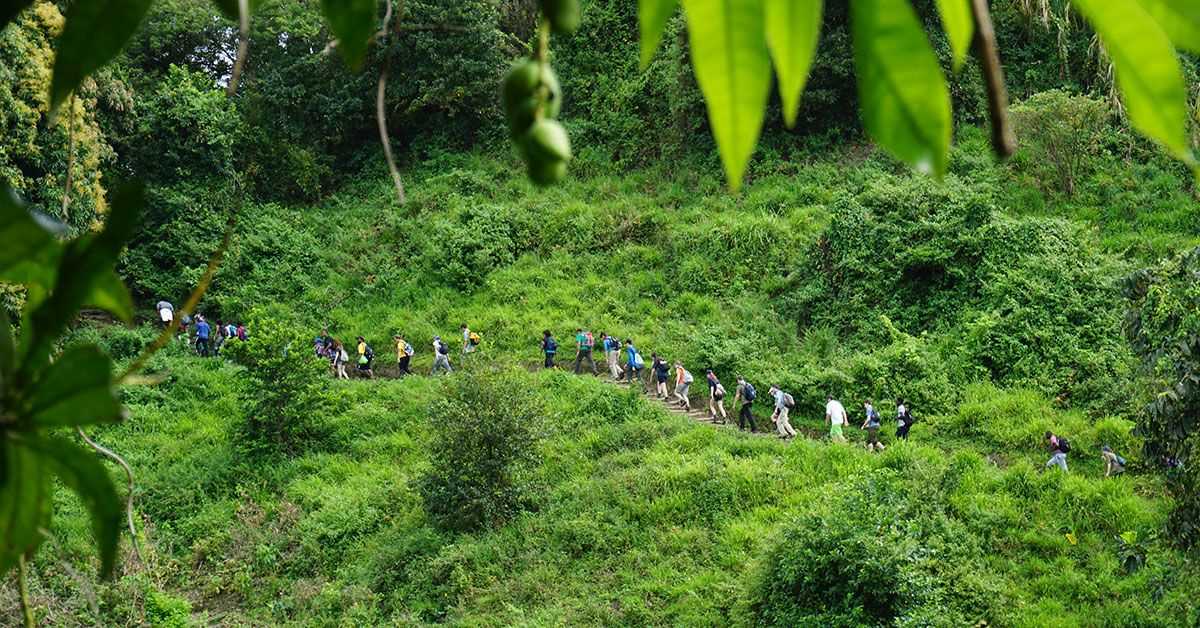 2. (v) khám phá The best way to explore the countryside is on foot. (Cách tốt nhất để khám phá vùng nông thôn là đi bộ.)  3. (v) tắm nắng I like to sunbathe in the morning when the sun is not so hot. (Tôi thích tắm nắng vào buổi sáng khi mặt trời không quá nóng.) 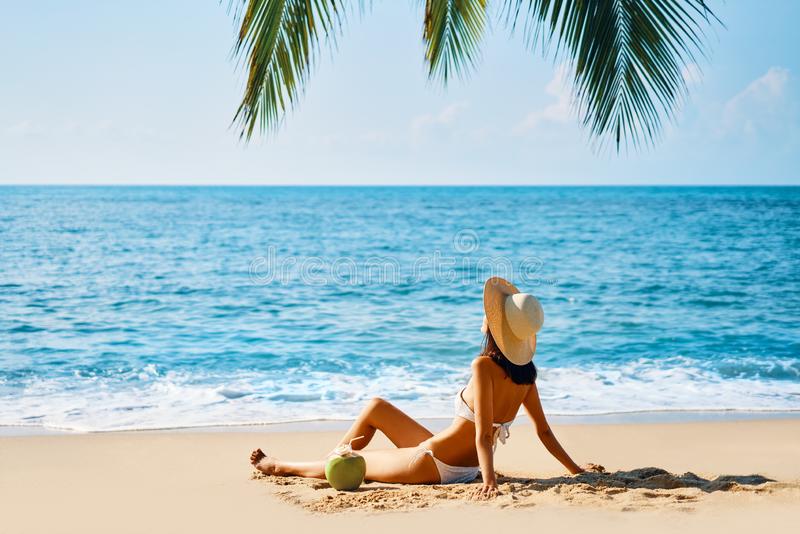 4. (n) loài Mountain gorillas are an endangered species. (Khỉ đột núi là một loài có nguy cơ tuyệt chủng.)  6.A 5.  6.  7. 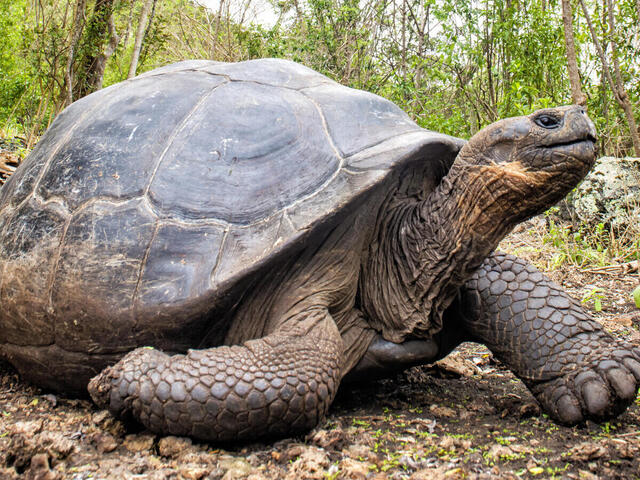 8.  9. marine iguana /məˈriːn ɪˈɡwɑː.nə/ (n) kỳ nhông biển I like a marine iguana. (Tôi thích kỳ nhông biển.) 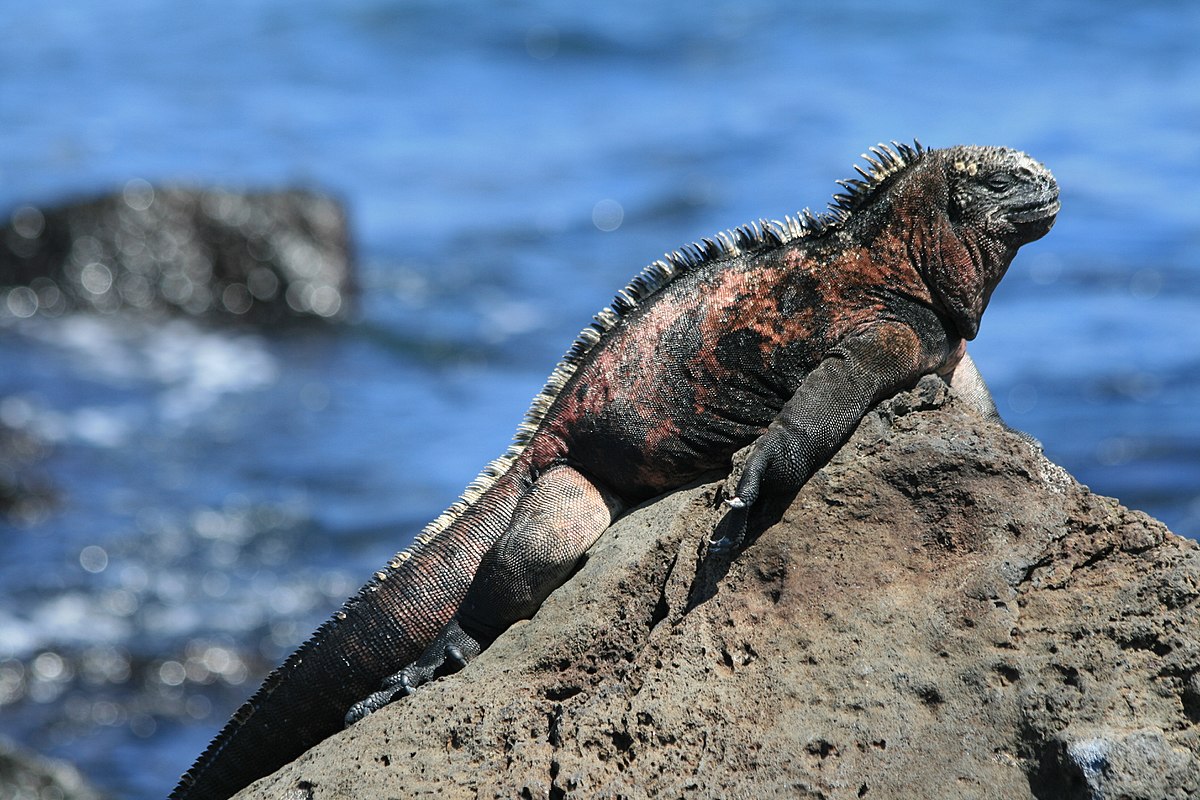 10. (n) xa xôi Australia is large and remote from the great centers of population of the world. (Úc rộng lớn và cách xa các trung tâm dân cư lớn của thế giới.)  11. (n) giới hạn Is there a limit on the amount of money you can claim? (Có giới hạn về số tiền bạn có thể yêu cầu không?) 12. (n) đường xích đạo Indonesia lies on the equator. (Indonesia nằm ở đường xích đạo.) 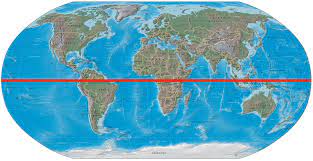 13. (n) đích His letter never reached its destination. (Bức thư của anh ấy không bao giờ đến đích.) 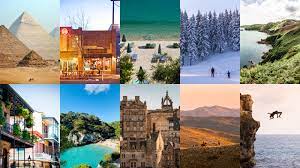 14. (n) hoàn hảo What is your idea of perfect happiness? (Ý tưởng của bạn về hạnh phúc hoàn hảo là gì?)  15. 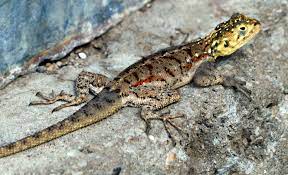 16. (n) bò sát There was a fashion for keeping reptiles as pets. (Có một thời trang để nuôi bò sát làm thú cưng.) 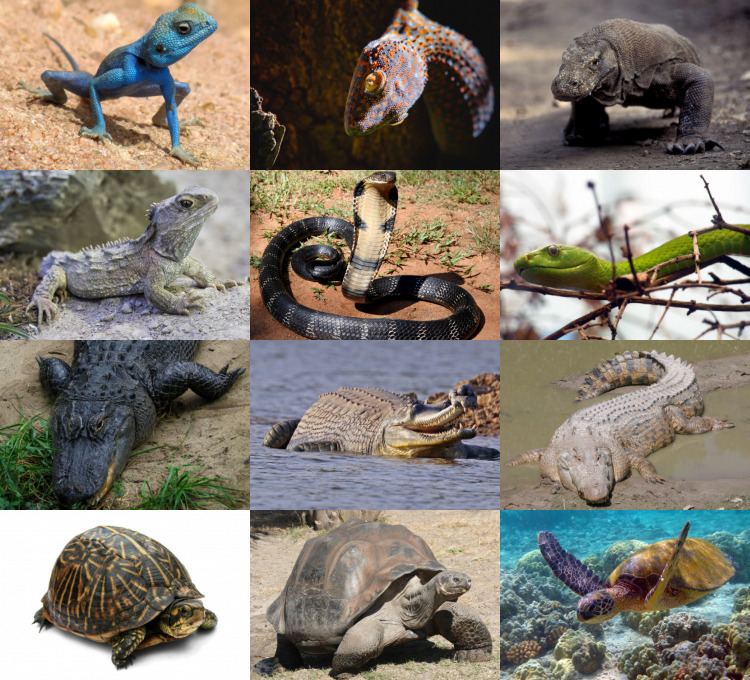 17.  19. (n) chính sách What is your party's policy on immigration? (Chính sách của đảng bạn về nhập cư là gì?) 20. (v) tái chế The Japanese recycle more than half their wastepaper. (Người Nhật tái chế hơn một nửa số giấy thải của họ.)  21. (n) tôn trọng I learn how to respect nature. (Tôi học cách tôn trọng thiên nhiên)  22. (v) cày cấy Most of the land there is too poor to cultivate. (Hầu hết đất ở đó quá nghèo để canh tác.)  6.B 23. (n) mùa thu The weather is cold in the UK in the autumn. (Thời tiết se lạnh ở Anh vào mùa thu.)  24. (v) trả He paid 50 dollars for his room. (Anh ta đã trả 50 đô la cho căn phòng của mình.) 25. (n) rạn san hô It's the longer coral reef in the world. (Đó là rạn san hô dài nhất trên thế giới.) 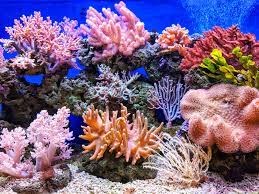 26. (adv) có lẽ Probably Antarctica is one of the windy places on Earth. (Có lẽ Nam Cực là một trong những nơi lộng gió trên Trái đất.) 27. (n) núi lửa Erupting volcanoes discharge massive quantities of dust into the stratosphere. (Núi lửa phun trào thải một lượng lớn bụi vào tầng bình lưu.) 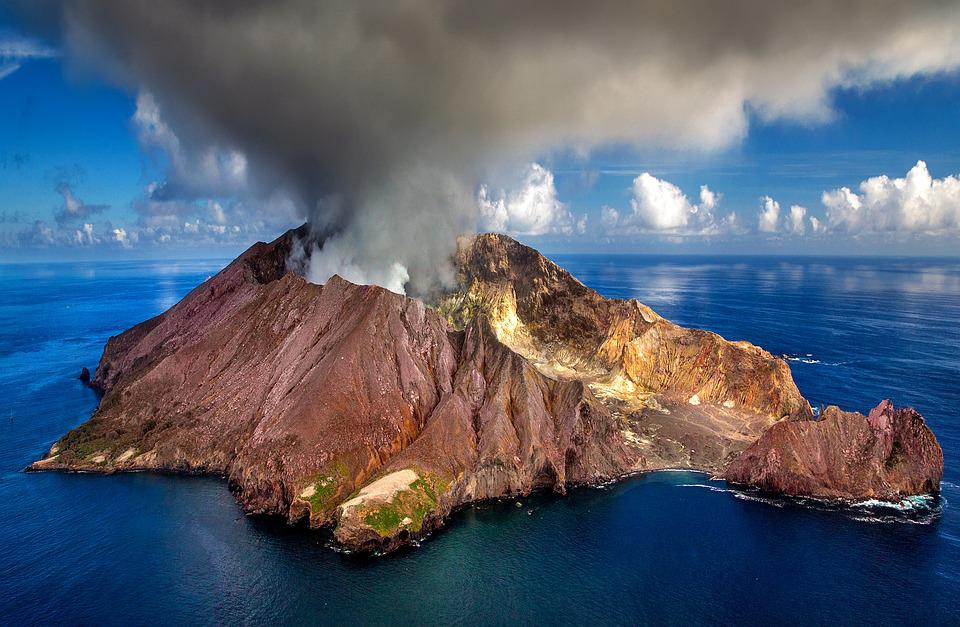 28. (v) phun trào It has erupted 62 times in the last 245 years. (Nó đã phun trào 62 lần trong 245 năm qua.) 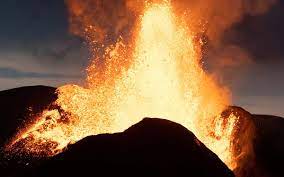 29. (adv) thường xuyên The buses run less frequently on Sundays. (Các chuyến xe buýt ít chạy hơn vào Chủ nhật.) 30. (n) đi bộ Is this a short hike through Cuc Phuong National Park? (Đây có phải là một chuyến đi bộ ngắn qua Vườn Quốc gia Cúc Phương không?) 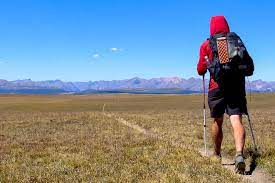 31.  32. (adv) dễ dàng We can finish it easily all. (Chúng ta có thể hoàn thành tất cả một cách dễ dàng.) 33. (adj) sâu The hole is so deep you can't see the bottom. (Cái hố sâu đến mức không thể nhìn thấy đáy.)  34. (n) cáp treo There has been a cable car so people can reach the top more easily. (Đã có cáp treo để mọi người có thể lên đỉnh dễ dàng hơn.)  35. (n) tham quan We did some sightseeing in Paris (Chúng tôi đã đi tham quan ở Paris.)  6.C 36. (n) du thuyền They're going on a cruise around the Med. (Họ đang đi du thuyền quanh Med.)  37. (adj) khó It will be very difficult to prove that they are guilty. (Sẽ rất khó để chứng minh rằng họ có tội.)  38. 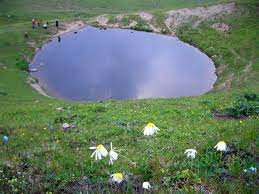 39.  40. (n) văn hóa. She's studying the modern Japanese language and culture. (Cô ấy đang học ngôn ngữ và văn hóa Nhật Bản hiện đại.)  6.D 41. 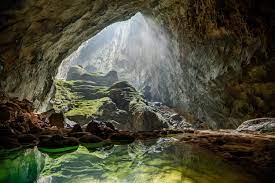 42. (adj) ngạc nhiên We were very surprised at the result. (Chúng tôi rất ngạc nhiên về kết quả.)  43. 44. 45. (adj) trước The previous owner of the house had built an extension on the back. (Chủ trước của ngôi nhà đã xây dựng cơi nới phía sau.) 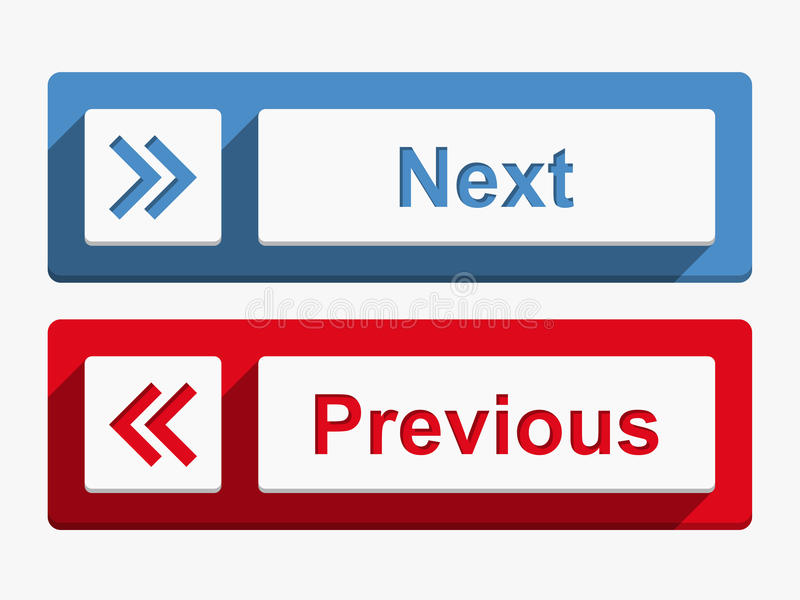 46.  47. (n) hơn nữa They cut enormous blocks of stone out of the hillside. (Họ cắt những khối đá khổng lồ ra khỏi sườn đồi.) 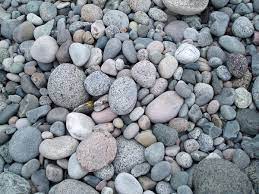 6.E 48. (v) hư hại Many buildings were badly damaged during the war. (Nhiều tòa nhà bị hư hại nặng trong chiến tranh.)  49. (adj) phương bắc The poem is written in the northern dialect. (Bài thơ được viết bằng phương ngữ Bắc Bộ.) 50. unfortunately /ʌnˈfɔːr.tʃən.ət.li/ (adv) thật không may Unfortunately, I was busy that day. (Thật không may, tôi đã bận rộn vào ngày hôm đó)
>> Học trực tuyến Lớp 10 cùng thầy cô giáo giỏi tại Tuyensinh247.com, (Xem ngay) Cam kết giúp học sinh học tốt, bứt phá điểm 9,10 chỉ sau 3 tháng, làm quen kiến thức, định hướng luyện thi TN THPT, ĐGNL, ĐGTD ngay từ lớp 10
|























